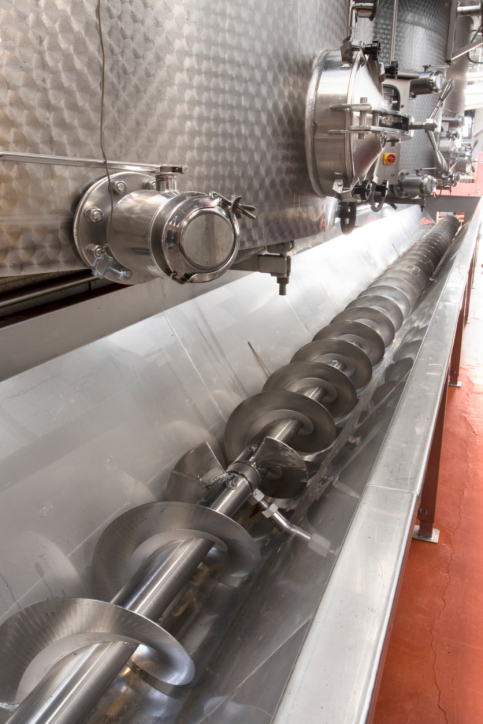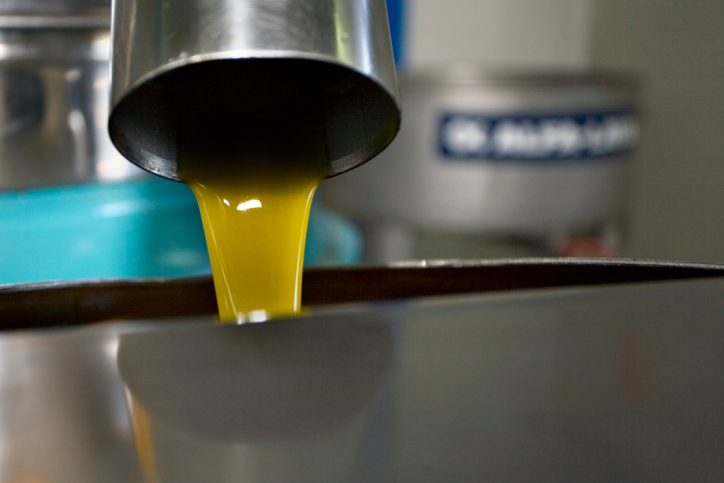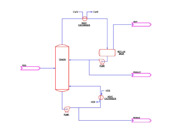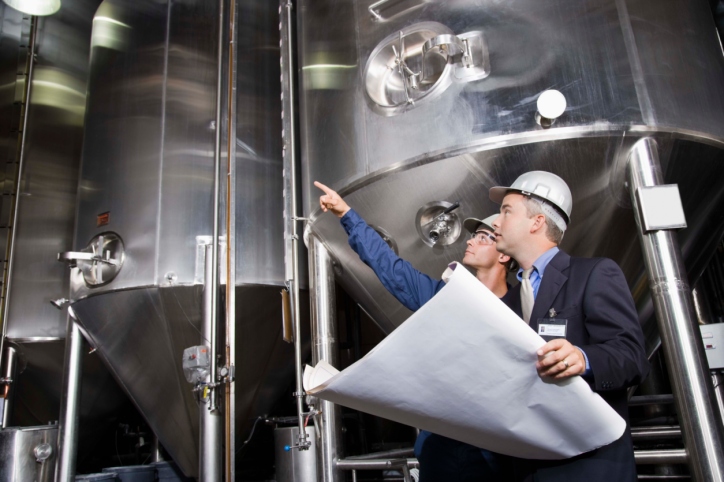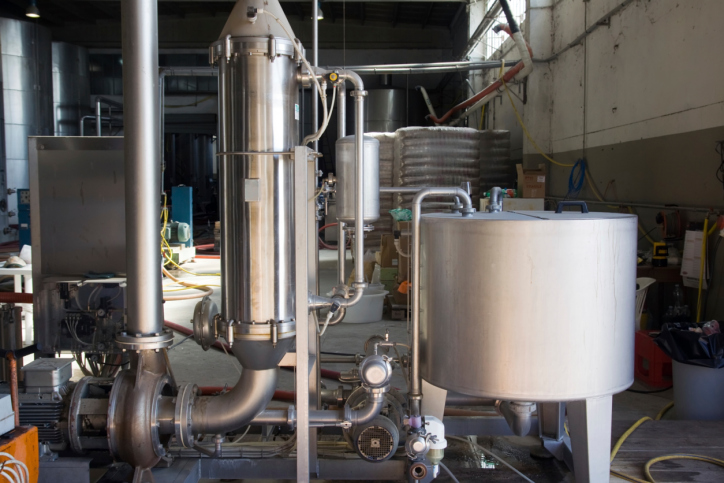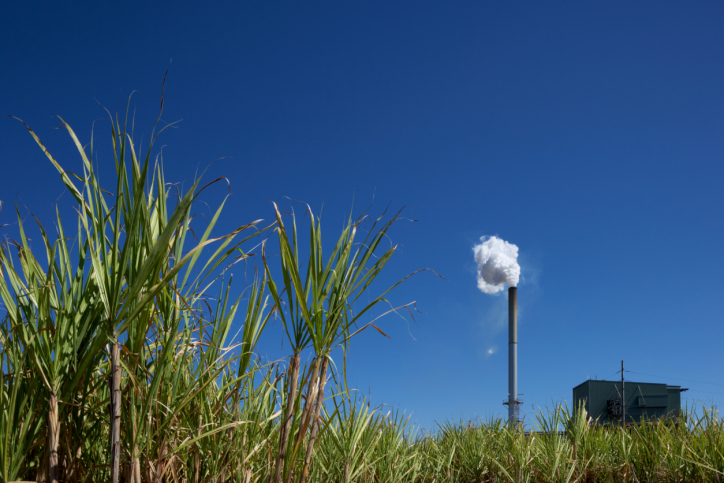How We Can Help
PROCESS can help by bringing state of the art process design skills and engineering tools to bear on new or existing processes to lower manufacturing costs, and to improve product quality and safety. Our food and beverage process engineering expertise is most applicable to food processes in the areas of computer modeling, cycle time reduction, separations, and chemical contaminant avoidance.
Although substantial knowledge can be gained by computer modeling of food production processes, this information has seldom been used in the past for process systems design in the food industry. Due in part to the batch nature of traditional processes, the actual approach was frequently in the domain of intuition or “what worked in the past.”
The current generation of food and beverage process engineering tools are based upon overall mass and heat balances. Although these tools are widely used for continuous production in the petroleum and chemical industry, applications in the batch or semi-batch food industry were limited. In recent years more expansive developments for a new generation of conceptual process design methods were started in the chemical industry. These methods are directed on the integration of product and process design as a simultaneous activity.
PROCESS can apply the conceptual process design methods to achieve:
- Precise production of fresh high quality products
- Improvement of product safety
- Flexible multi-product systems
- Improved heat history and reduced product degradation during processing
- Optimization of utilities usage to reduce costs

